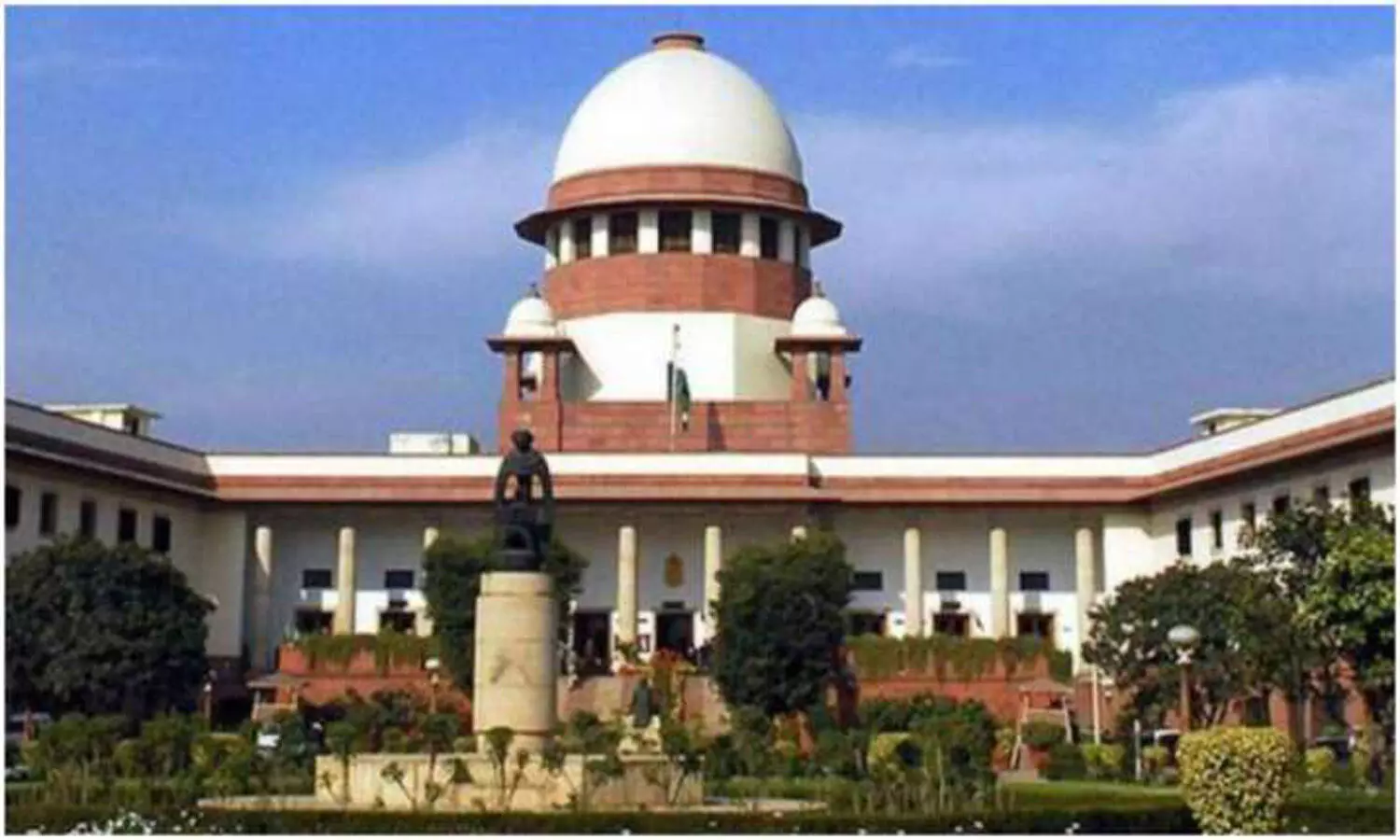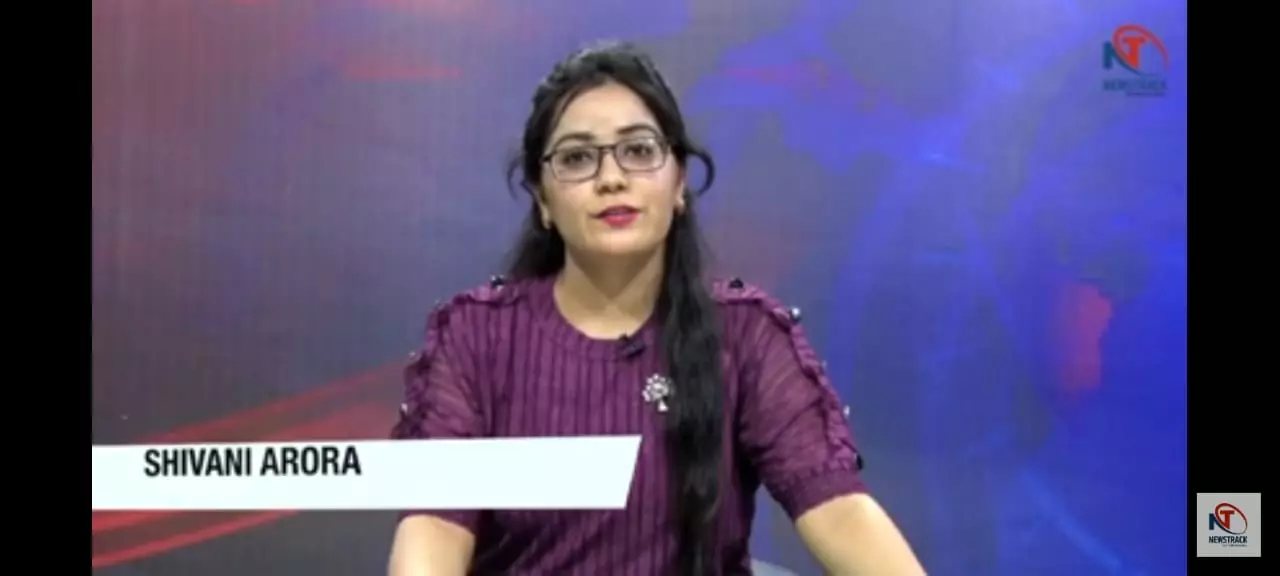TRENDING TAGS :
SC stops panel of administrators from taking over Indian Olympic Association
A bench, led by Chief Justice of India NV Ramana, took on record IOA's appeal that India may lose all opportunities of participating in international events if the CoA runs the sporting body
Supreme court
The Supreme Court on Thursday restrained a committee of administrators (CoA) from taking charge of the Indian Olympic Association (IOA) while ordering a status quo on a Tuesday order of the Delhi high court.
A bench, led by Chief Justice of India NV Ramana, took on record IOA's appeal that India may lose all opportunities of participating in international events if the CoA runs the sporting body.
"IOA submits that there is every possibility of losing the opportunity of participating in Olympic Games and other international events. In view of the urgency expressed, we ask the parties to maintain the status quo. It is made clear that charge won't be handed over to the CoA," said the bench, which also included justice CT Ravi Kumar.
The order was passed in the absence of lawyer and sports activist Rahul Mehra, on whose petition the high court issued a slew of directions for the better administration of the IOA, putting a spanner on IOA's bid to hold elections that are delayed from December. The top court will hear the matter again on Monday.
Representing the IOA, solicitor general Tushar Mehta on Thursday secured an urgent hearing of the IOA's appeal against the Delhi high court's order, which on July 16 appointed the CoA to run the body and bring its constitution in compliance with the National Sports Code.
The high court appointed Justice Anil R Dave, former judge of the Supreme Court, former Chief Election Commissioner SY Quraishi, and Vikas Swarup, former foreign secretary to the CoA to govern IOA. Beijing Olympic gold medallist Abhinav Bindra, Olympian long jumper Anju Bobby George and archer Bombayla Devi Laishram were appointed as consultants to assist the CoA members.
All National Sports Federations (NSFs) should comply with the sports code and the International Olympic Committee's Charter, failing which they will be de-recognised and all monetary benefits and other facilities will be stopped immediately, the high court added.
On Thursday, Mehta told the Supreme Court that running of a sporting body by a CoA is considered a "third-party interference" by the international bodies.
"CoA is a non-elected body and hence, it is treated by the international bodies as a third-party influence. We are bound by their rules. The moment they (CoA) take over, there is a 99% chance of India getting disqualified from any Olympic-related events," said Mehta.
He added the urgency is caused by the adverse impact on the prestige of the nation if the sporting body lost its recognition and failed to participate in international events.
Acknowledging Mehta's concerns, the bench agreed to urgently list IOA's appeal and passed the interim order.
The development comes as the IOA grapples with internal turmoil amid IOC's warning to hold elections as soon as possible. In July, Narinder Batra had to quit as IOA president after the high court ruled that his appointment as a life member of Hockey India, which allowed him to fight the IOA election, was unconstitutional under the sports code. After Batra stepped down, senior vice president Anil Khanna was made the acting president.
Concerned at the state of affairs of the IOA, the IOC in July threatened to suspend the governing body if it failed to conduct its election within the coming weeks. IOA officials, including Khanna, spoke to IOC on the sidelines of the Commonwealth Games in Birmingham. They sought a meeting with IOC top brass in Lausanne in the first week of September.
On Tuesday, the Delhi high court delivered a detailed judgment, appointing CoA to run the administration. The IOA will have to seek more time from the world body. The IOA was banned by the world body in 2012 for government interference and electoral malpractices. The sanction was lifted only after 14 months during the Winter Olympic Games in Sochi.
In its judgment, the high court criticised the IOA for not following the provisions of the sports code. It ruled that the maximum term of the president and office-bearers and members of the executive committee will be limited to three terms. The high court struck down the post of "Life President" and any such permanent post for an individual in the IOA. It added the presence of women athletes should be acknowledged and they should have voting rights in the general body as well as in the executive committee of the IOA.



